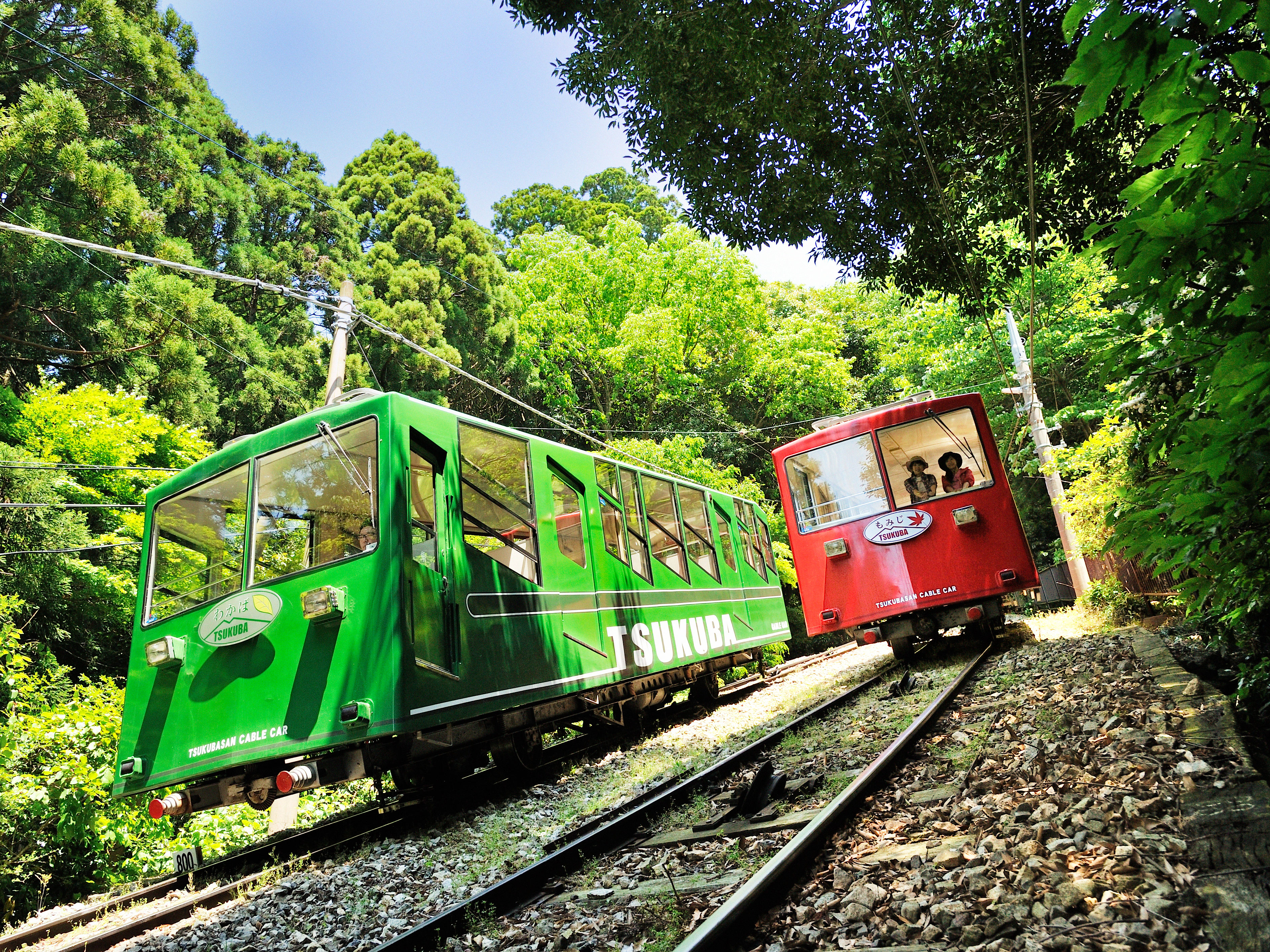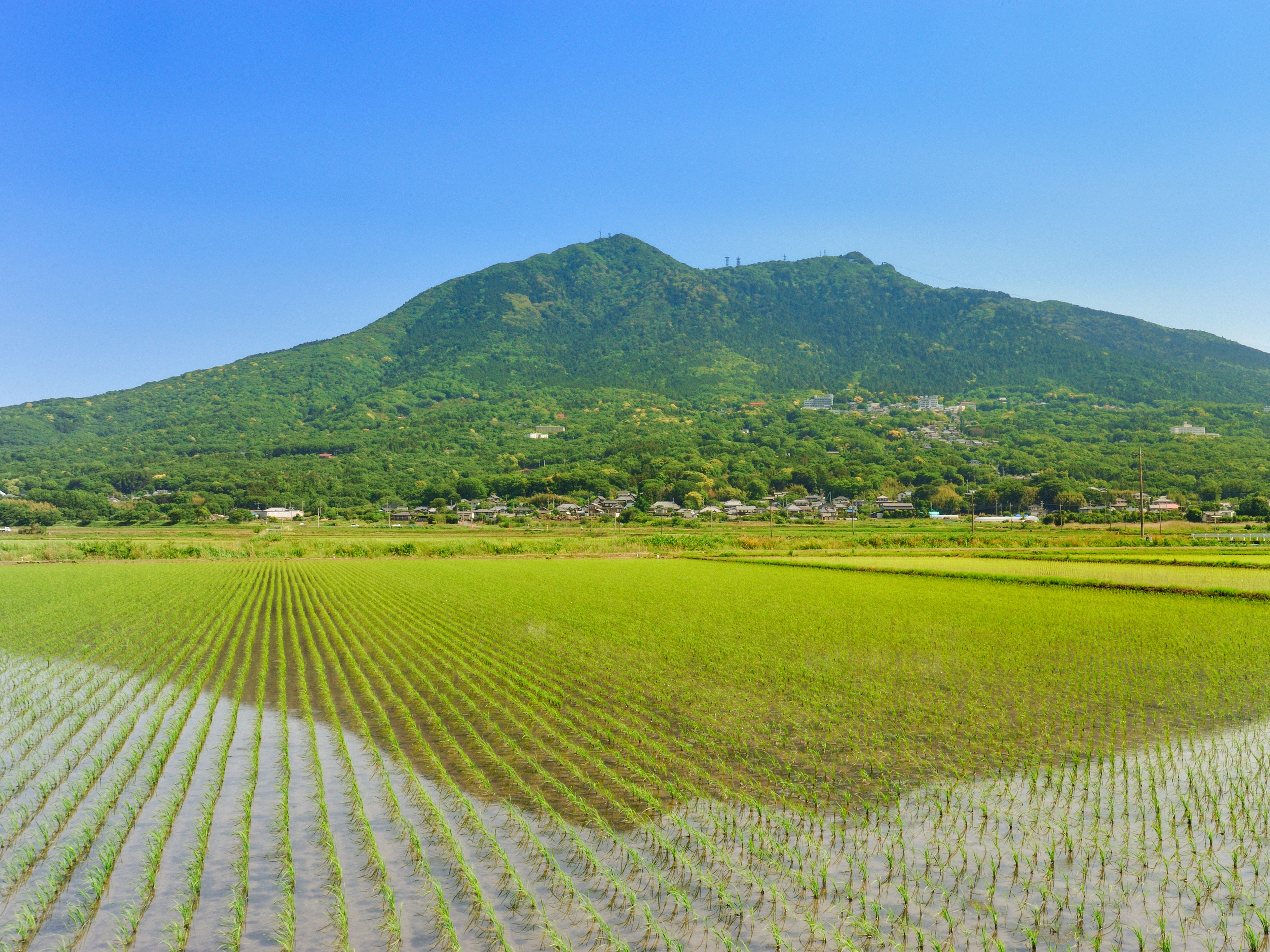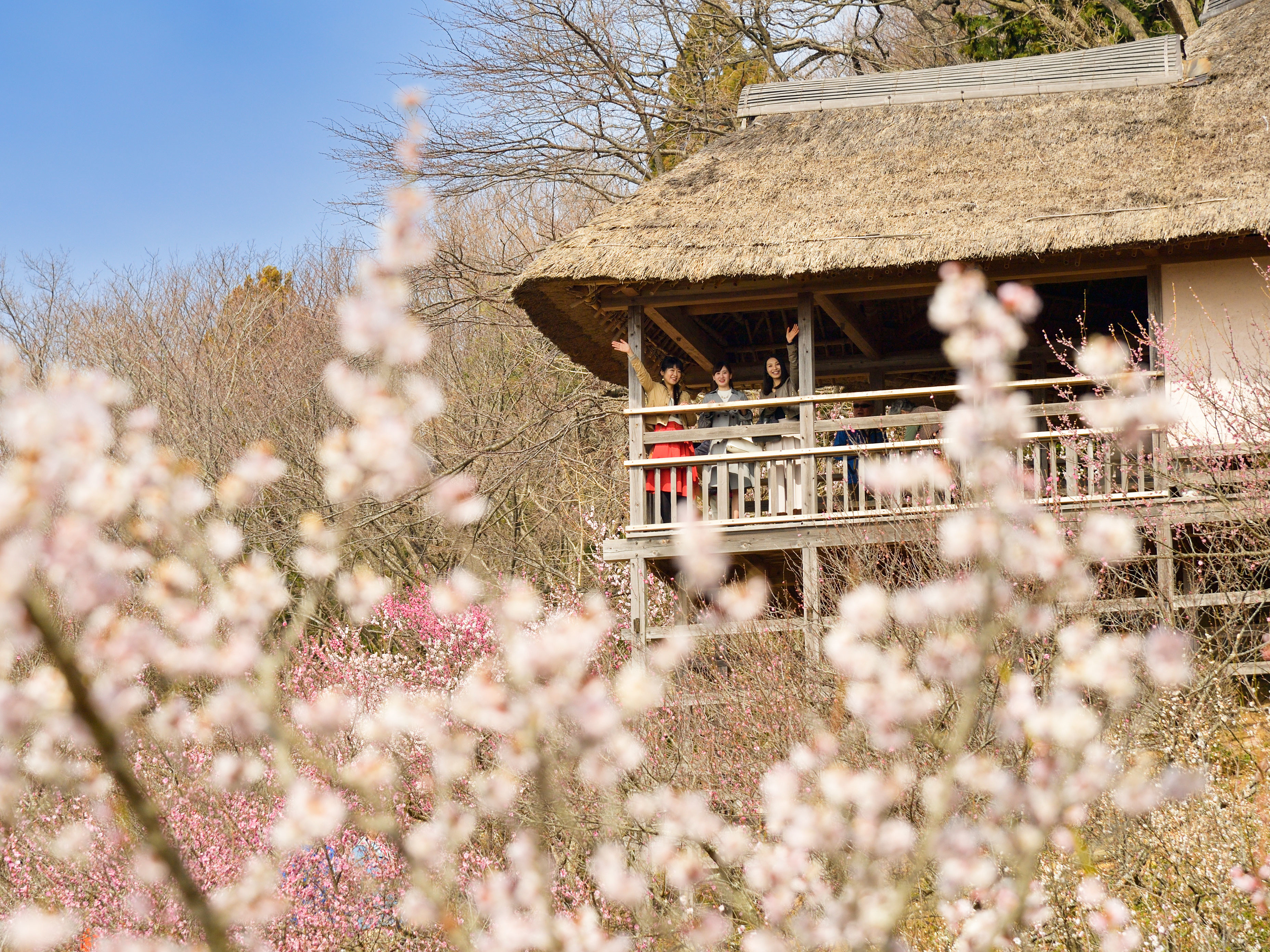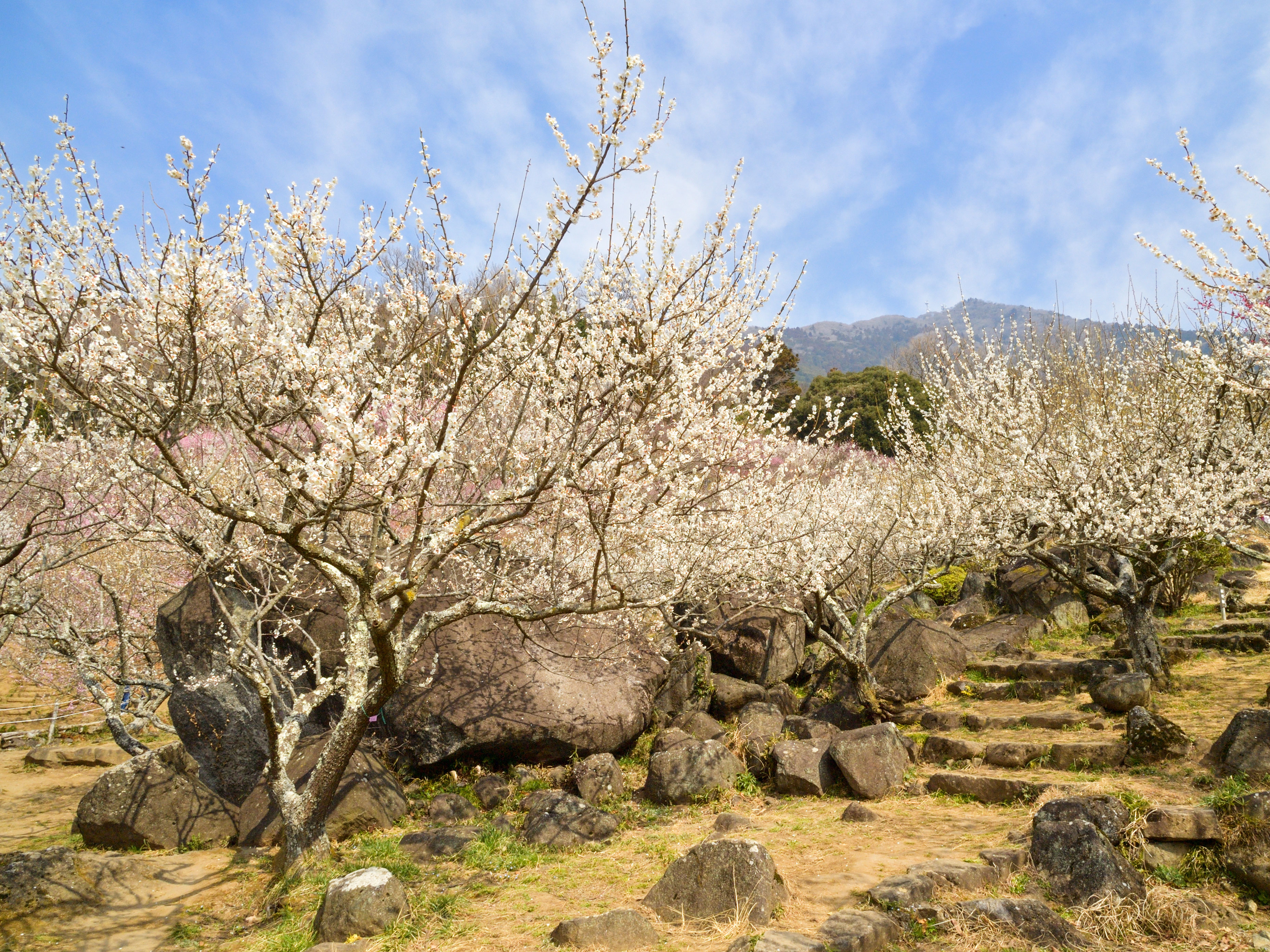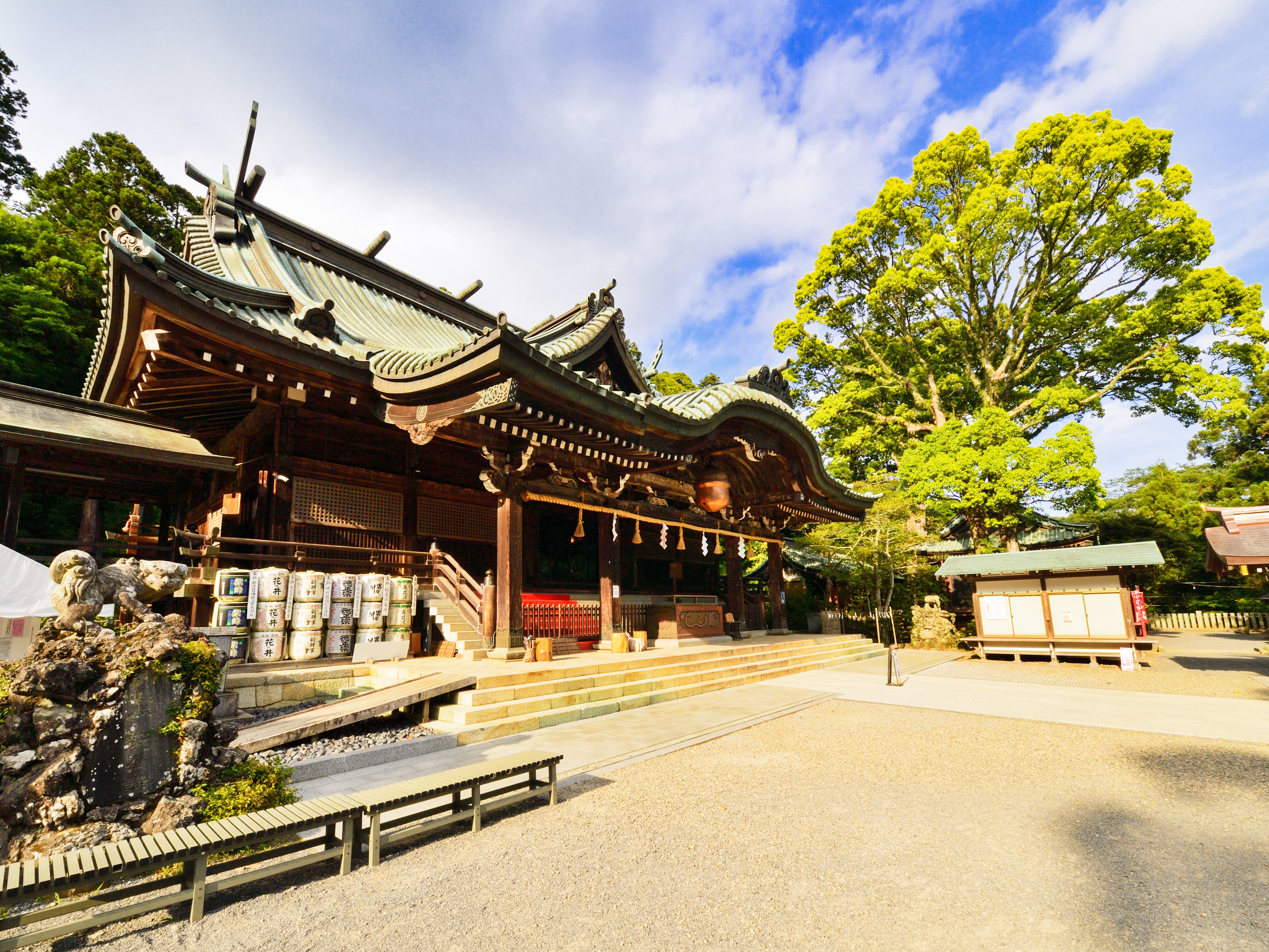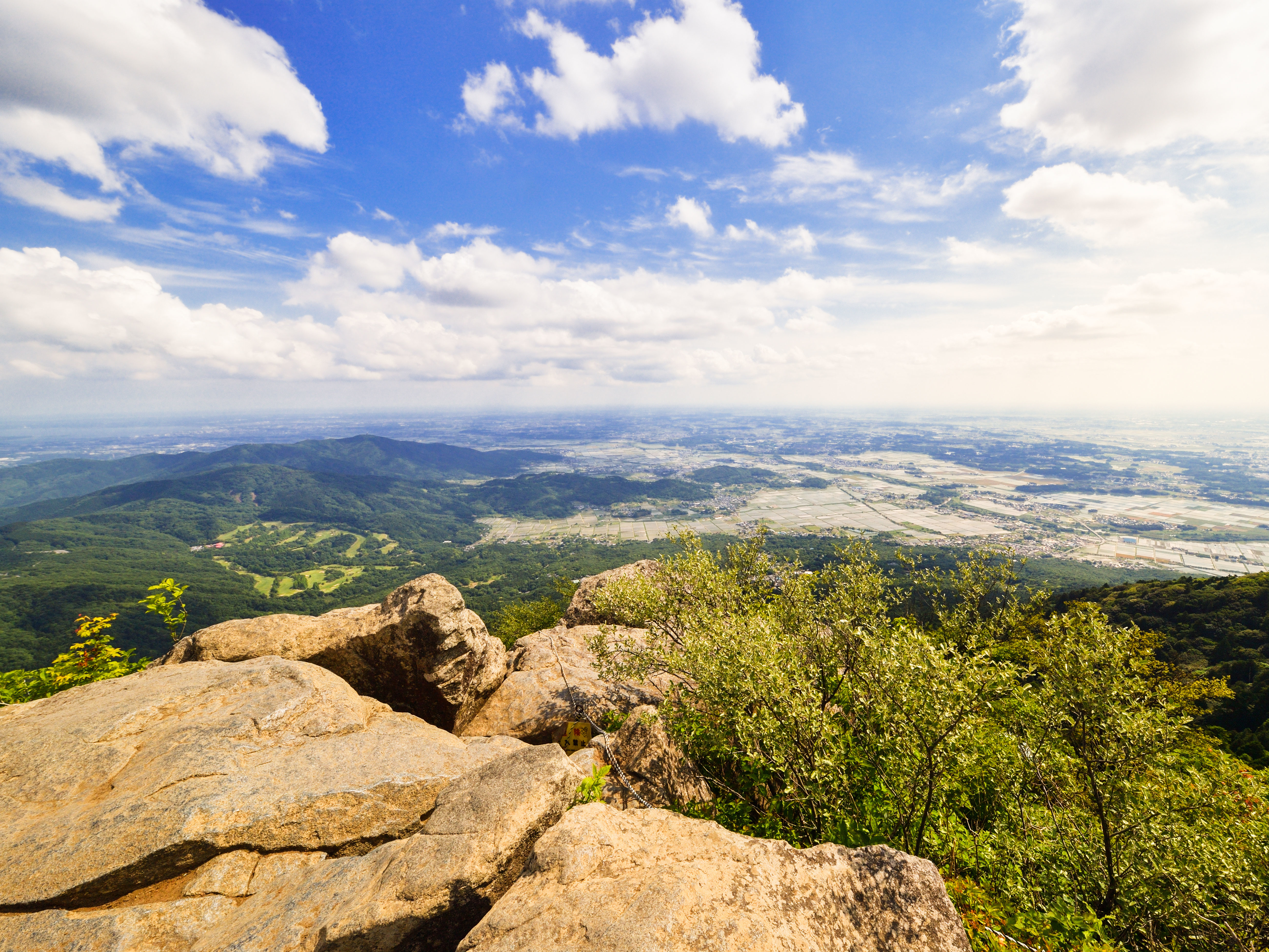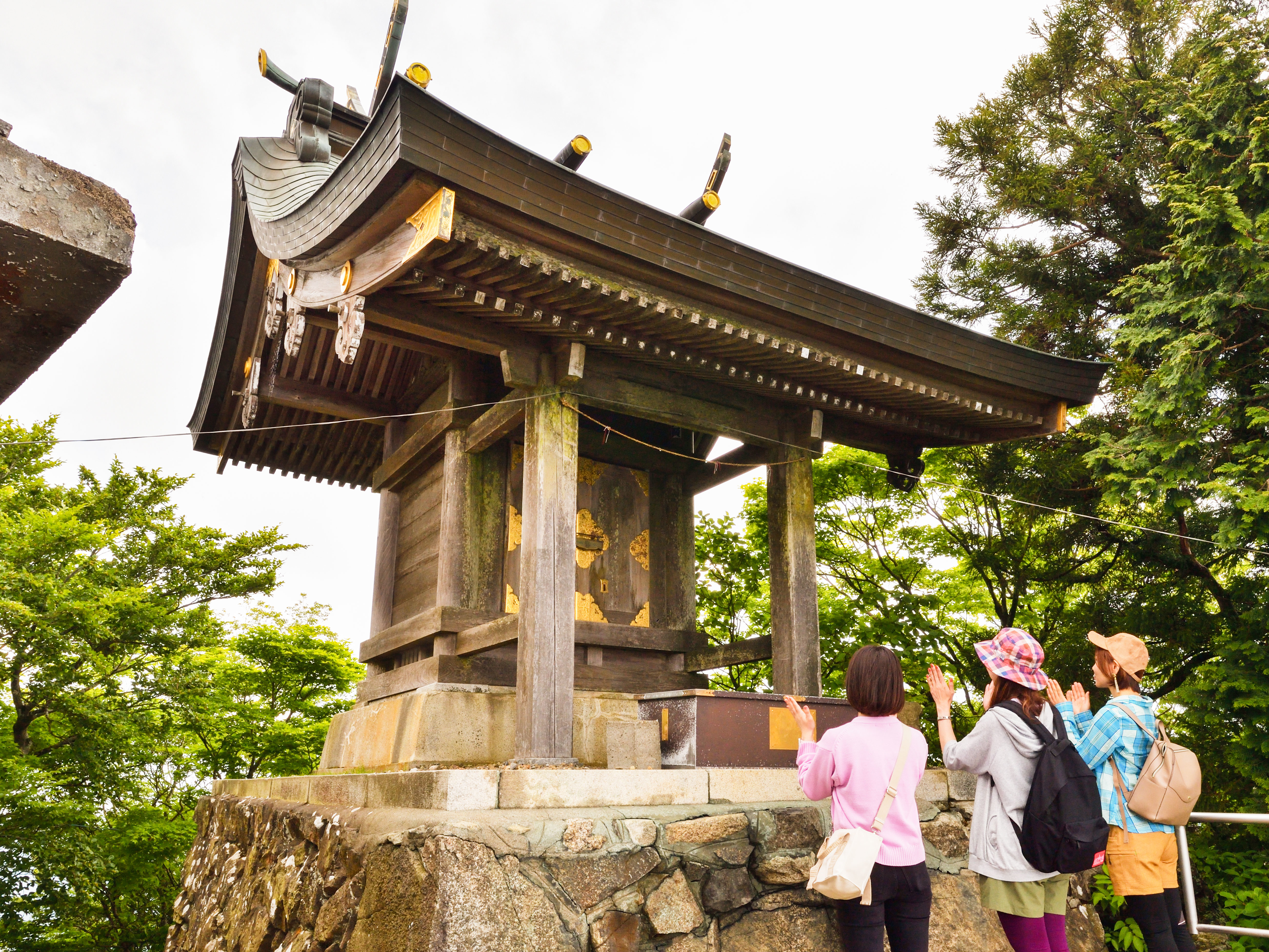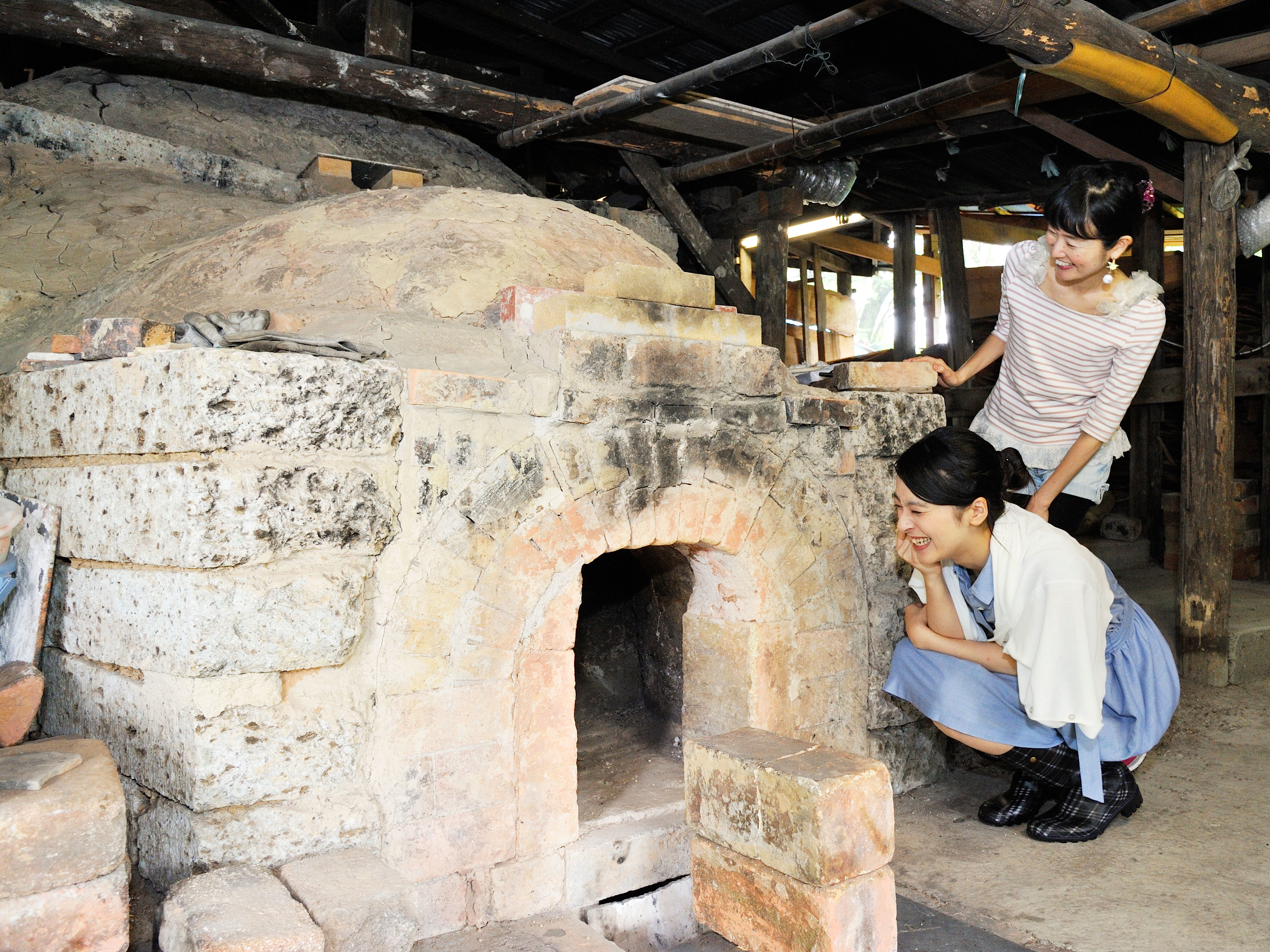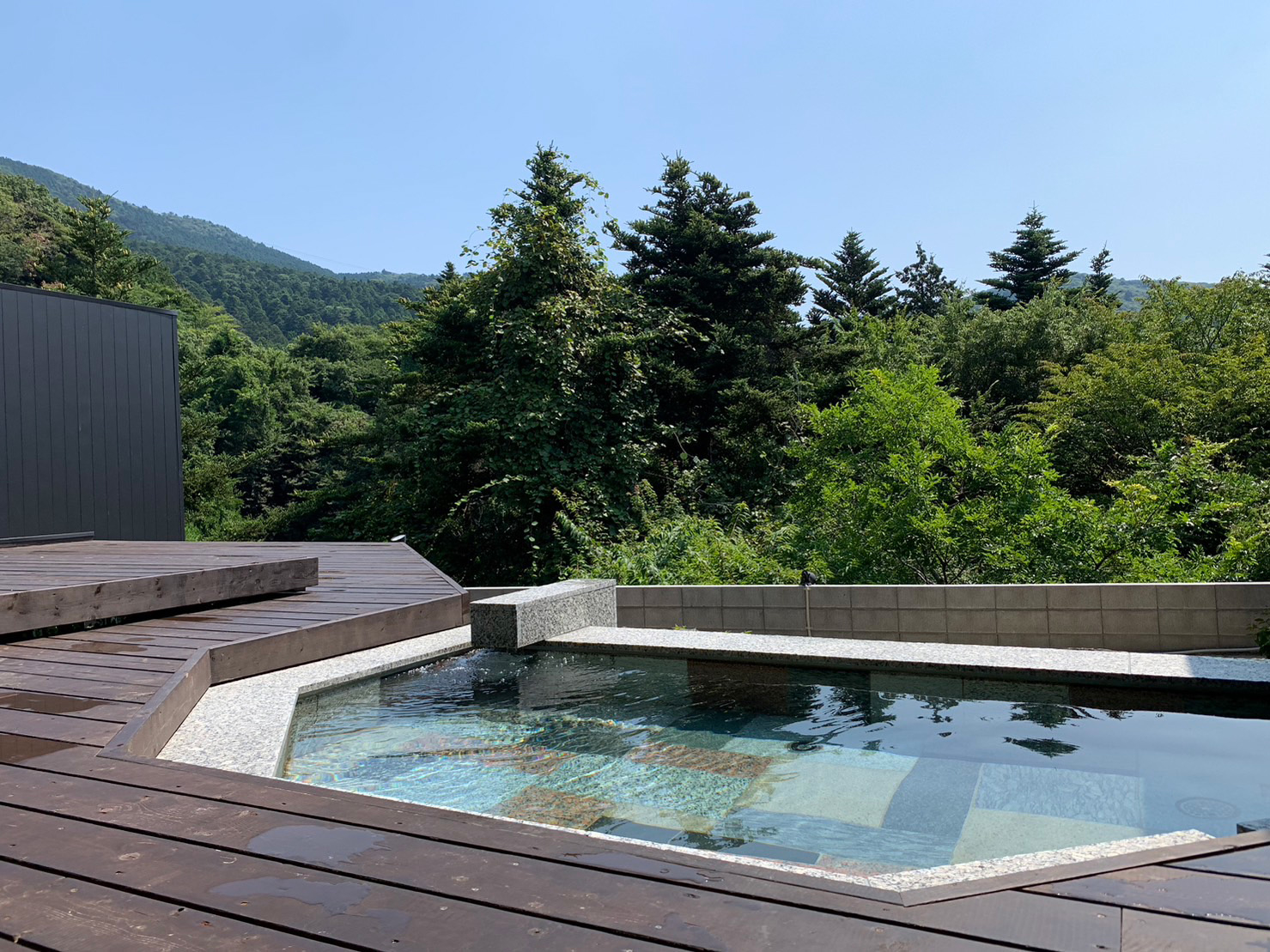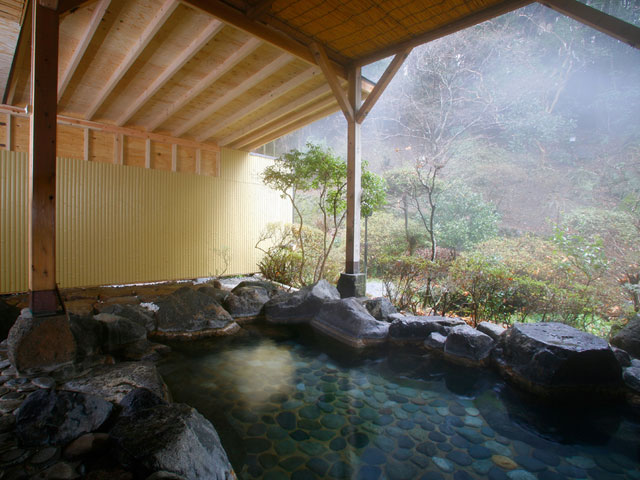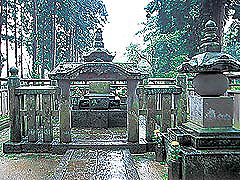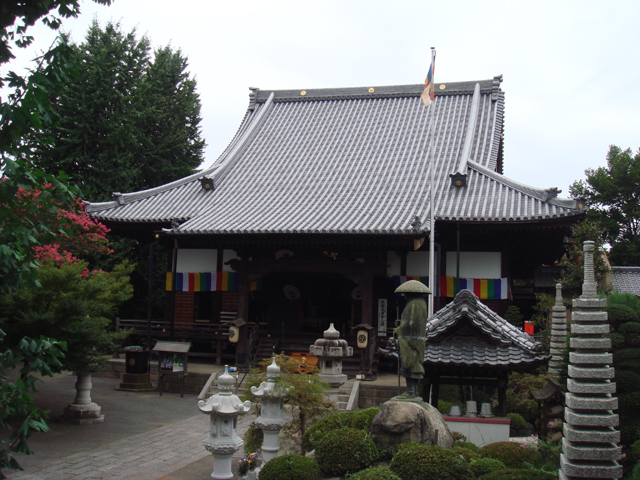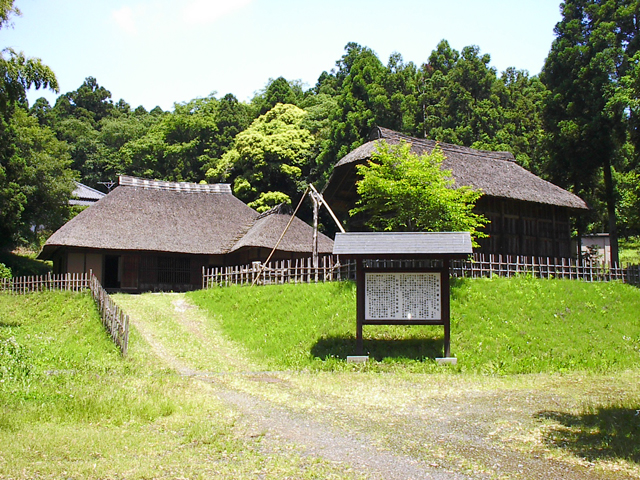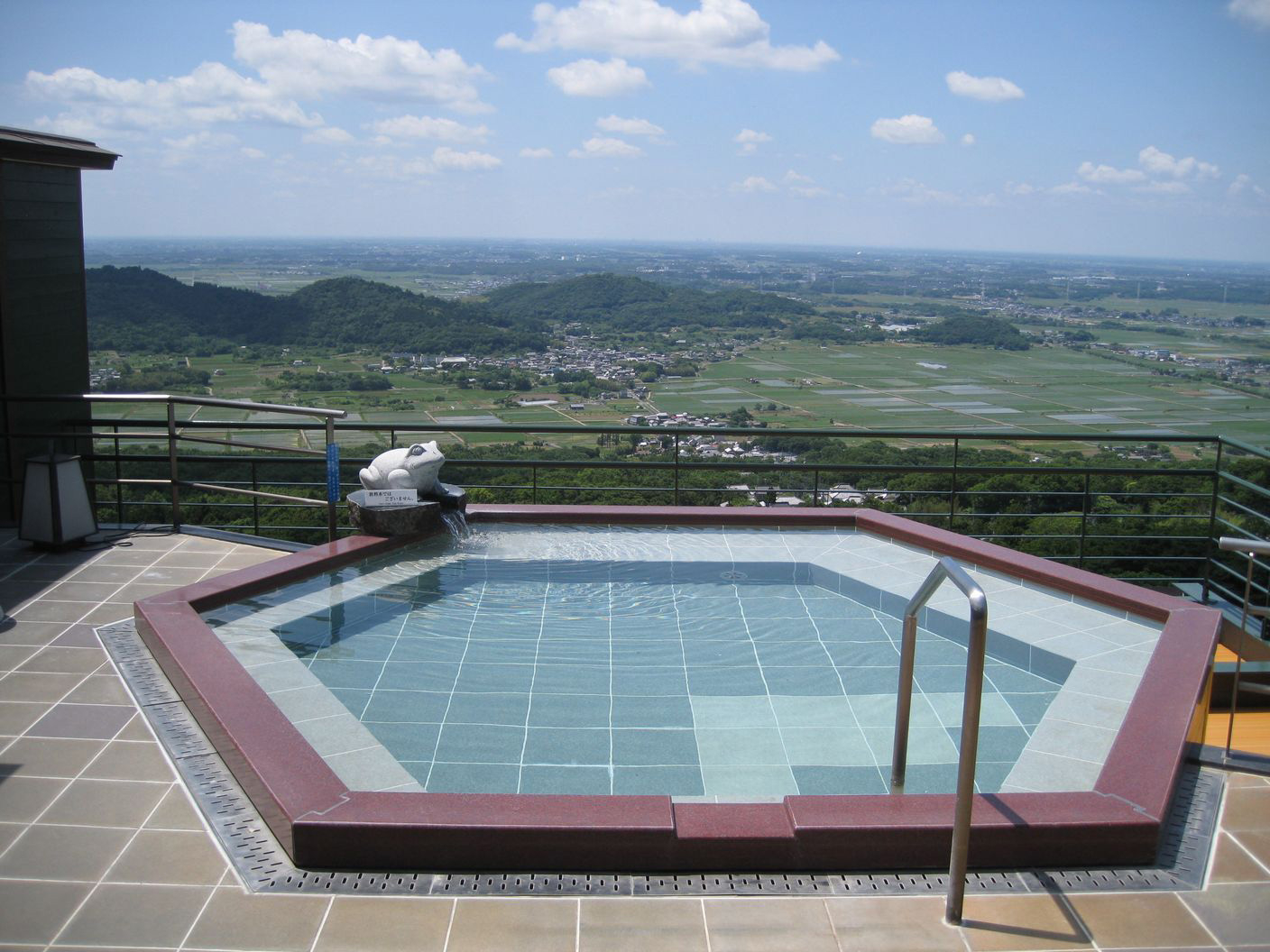
Mount Tsukuba Hotel Aokiya
This hotel is located on the hillside of Mount Tsukuba, and it is possible to take a day bath for about three hours during the day. From the observation open-air bath on the top floor of the hotel, you can also enjoy the Tokyo Sky Tree on a clear day, and see the night view of Mount Fuji and the school city of Tsukuba. The hot water of the alkaline simple hot spring encourages fatigue recovery, so let's soak in slowly while enjoying the scenery. Adult weekdays from 16,650 yen per person (2 meals per night including tax of 150 yen), 2 adults are allowed.

